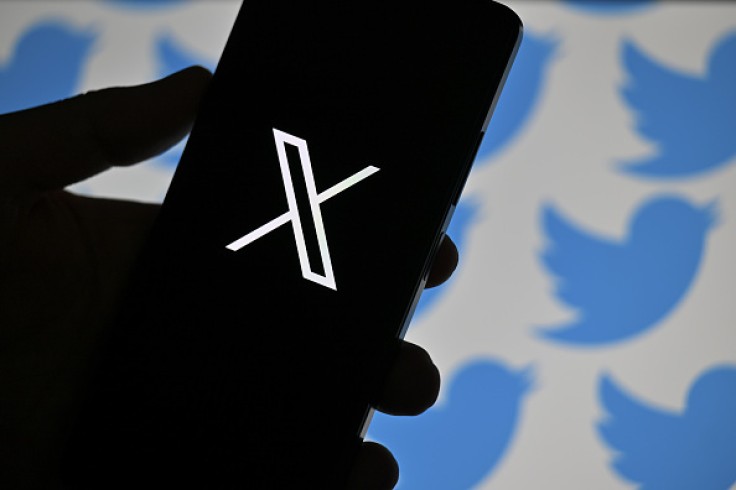Verification processes have become an important part of making social media and streaming service accounts for years, mostly to prevent fraudulent activities. X might soon take it to the next step as it now requires government-issued IDs to verify an account.

Government ID for Verification
X, formerly known as Twitter, has faced backlash over its Blue subscription services since it was released. Legacy blue checks did not want to pay for the badge and people thought that the coveted verification tag has lost its weight since anyone can now get it.
Recently, app researcher Nima Owji posted a photo of the verification process where X lets users verify their account by providing a government-issued ID, stating that it will only take about five minutes. The user will have to take a selfie with the identification in hand.
#X keeps working on the ID verification. You should upload a photo of your ID and take a live selfie. https://t.co/3bdGgzlnZh pic.twitter.com/F4ssglakHR
— Nima Owji (@nima_owji) August 16, 2023
Having a social media site hold your private data is already dangerous enough, but based on the screenshot provided by Owji, the data users will submit will also be shared with a third party, Au10tix, to confirm one's identity, as reported by Gizmodo.
According to the checkbox, users will be consenting to share images of their ID, personal data, and even biometric data from their profiles. The mentioned data will be stored for up to 30 days for the purposes of "safety and security, including preventing impersonation."
Au10tix is an Israeli identity verification and management company, which claims to use "cutting edge AI and machine learning technology," allowing them to verify users in just 4-8 seconds. It also boasts of having tech giants such as Google, Uber, PayPal, and Microsoft as clients.
Reports say that the government-issued ID verification is an "optional layer of verification for X Blue users," and will not affect non-verified users. Although, it might be required if Blue subscribers want to unlock all the service's features.
People have the right to be wary of social media platforms holding their government IDs in the site's database, but it could also be a good thing. While email verification is more convenient, it is also easy to create an alternative email account and create fake social media accounts.
In some countries, it's easy to have more than one phone number, which means that the method of verification is also not as secure. Government IDs, on the other hand, are much harder to fake and could deter fraudsters from creating fake accounts.
Dangers of Government-Issued IDs Being Submitted
Unlike email addresses and phone numbers, government IDs require and hold a lot more information about their owner, which includes their full name, Social Security number, date of birth, address, signature, photo, physical characteristics, and more.
Fraudsters who might get a hold of this information will have a golden ticket on their hands. A person's full name and address alone can already be used for phishing attacks and other scams, much more if they get a hold of more specific data.
As mentioned in Aura, acquired data allows scammers to use your ID themselves, or even sell it to the dark web for a quick buck. This could lead to incidents like identity theft and credit card fraud, which is much harder to resolve than having your email address stolen.









